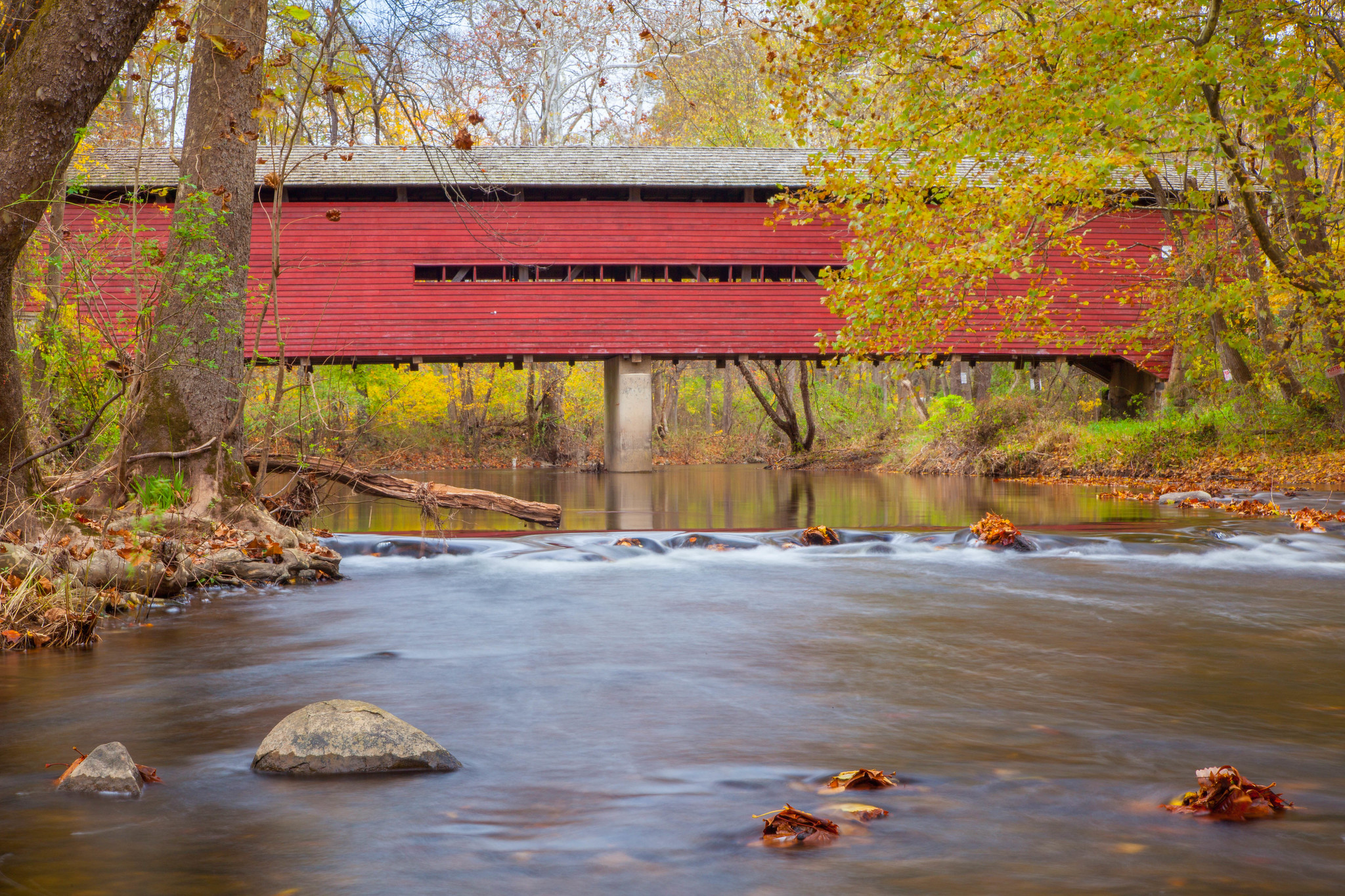Clean water is essential to agriculture.It’s the lifeblood that crops and livestock need to grow, and it impacts all of us because we depend on farm food for our daily sustenance. But did you know that improving water quality can also save farmers time and money?
By making changes to agricultural practices, farmers can help protect local water quality and promote sustainability while saving time and money. Working together with farmers, communities, and government agencies can ensure a cleaner, more abundant water supply for a healthier and more secure food system.
Together, let’s take action to protect our water supply and ensure a sustainable future.
Tips for Farmers
Install Downspouts and Gutters Around the Barnyard
Any barn or other building on the property should have downspouts and gutters installed around it. These are both mechanisms used to control stormwater as it flows off of buildings and hard surfaces. With the help of a downspouts and gutters, water can be diverted away from the muddy barnyard toward a grassy or planted area. This way, the water doesn’t pick up the mud and manure as it travels into local streams.
Store Your Manure
Depending on how it is handled, manure can help or harm local streams. Manure can be used as a natural fertilizer, but it can also create pollution. One way to properly handle manure is to install a manure storage tank or shelter. These containers help to prevent the manure from being washed away by rainwater while also making it easy to collect and reuse manure for crops. Even if you don’t grow crops, collected manure could be sold to other farmers!
Fertilizer Management
A Nutrient Management Plan can help strike the perfect balance between fertilizer and pollution. By determining the ideal amount of manure or fertilizer to apply to crops, plants, and crop yield benefit without excess nutrients from running off into local waterways. Remember to check the weather before fertilizing and avoid applying in the event of rain. Any fertilizer that gets washed away is wasted money! Contact your local conservation district to make a Nutrient Management Plan today!
Protect Your Stream
A farm with a stream running through it is a lucky one: that soil tends to be very fertile. However, there is a responsibility to that stream to protect it. There are many ways to do this, including planting trees or “buffers” and cattle crossings. A strong and healthy bank is an important component to maintaining a healthy stream. Planted stream banks hold the soil to prevent erosion while also capturing some of the pollution before entering the water.
Contact Your Local Conservation District
Conservation districts are organizations that work to protect resources and the natural environment. Each county within the Schuylkill Watershed has its own conservation district and all of them have resources available for farmers who want to reduce their impact on the environment. If you are interested in any of these or other practices, please reach out!
Resources for Farmers
- Farmers’ Guide to Healthy Communities
- Protecting Drinking Water at the Source: Information for Our Agricultural Partners
- Water Farming: Managing Agricultural Lands for Clean and Safe Water
Cover photo credit: Ed Bacon
